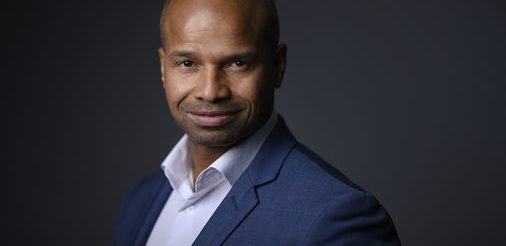Commonwealth’s innovation official joins startup accelerator MassChallenge – The Boston Globe

It’s no surprise that Cox sees big challenges when it comes to improving diversity among startups in Massachusetts and elsewhere.
Less than 1 percent of US venture capital funding ― and only 0.4 percent in Massachusetts ― went to companies with black founders last year. And female founders got 2 percent, the smallest allocation since 2016. MassChallenge, however, has done better. Among the 229 companies it backed last year, 48 percent had at least one woman founder and 47 percent had one or more founders who were people of color.
”In the region, and just with innovation in general, we have a long way to go,” Cox told me in a Zoom interview. While continuing with MassChallenge’s efforts to diversify the entrepreneurs it backs, Cox also wants to diversify the pool of mentors the group relies on to advise startups.
“If we’re looking into expanding our fintech reach by looking at decentralized finance, how are we embedding inclusivity into that?” Cox said. “How are we finding mentors that are in that space that are diverse, and can help grow and develop our our ecosystem?”
With his other hat on, Cox is considering the hottest areas for startups where MassChallenge could focus more of its efforts.
“We’re really trying to identify what are those next emerging tech spaces which we need to invest in or double down,” he said.
With the Baker administration, Cox was working to support companies working on blockchain, the database technology underlying bitcoin and other digital currencies and tokens. While there are skeptics, Cox is a believer. “I think that it is very real and I would say an opportunity (for MassChallenge) to expand into that space,” he said.
Although Cox said he couldn’t commit to starting a program focused on blockchain just yet, MassChallenge’s acting chief executive, Cait Brumme, also mentioned blockchain as a future area of emphasis, in a January interview.
Other possible areas for expansion at MassChallenge include artificial intelligence, health tech, and life sciences, Cox said.
Before joining the Baker administration, Cox worked at the Boston Foundation, but he first got interested in startups and innovation earlier in his career. He spent almost 10 years at Universal Records and then at several music management firms, working with artists such as Elton John, Nelly Furtado, and Lil Wayne.
“I was working with artists that were extremely innovative. And each individual artists was was an entrepreneur,” he said. “They were all entrepreneurs in their own right. And I really did get the bug for being an entrepreneur, by working with them…I think the way that music distribution evolved really was a catalyst for me to jump into the space.”
